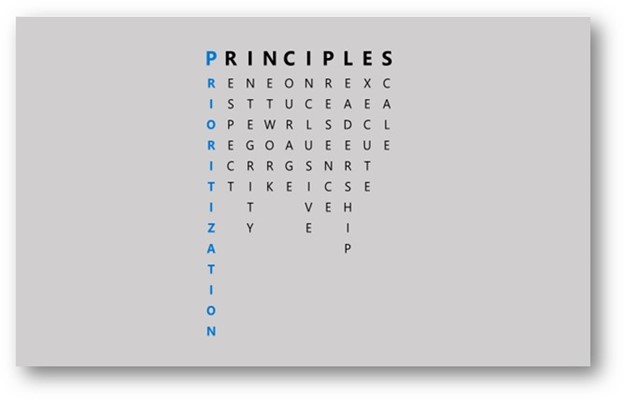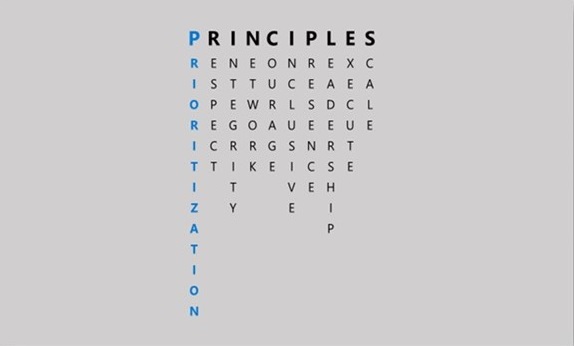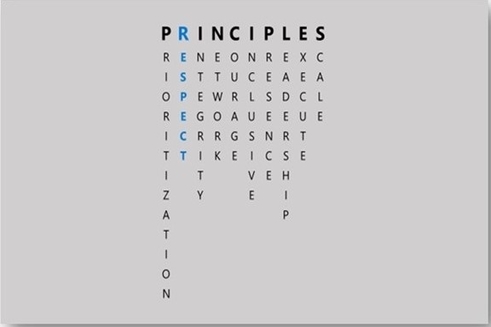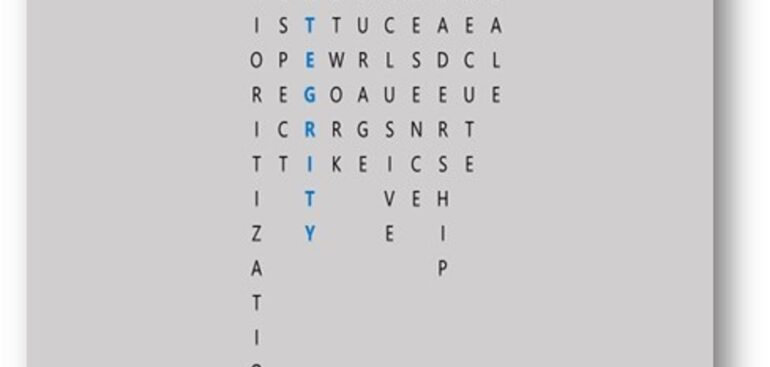Guideposts for Success
For most of us, making decisions in the professional world can be difficult. But as we start 2020, I have a hack for you! Defining a set of personal PRINCIPLES can help you maneuver through the challenges and landmines you face every day at work (and at home). I use my personal PRINCIPLES as guideposts for success. They help me sift through my busy mind and make good, sound decisions.
Last year, I shared a series of newsletters with my network at Microsoft outlining my PRINCIPLES—the foundational beliefs I try to live by, both personally and professionally. They ground me and define me. Understanding who I am and what I stand for helps me simplify the complex and overcome the challenges I face.
When I shared these ideals with my team, some suggested I share them with my network on LinkedIn as well. After giving it some thought, I decided to post a series of LinkedIn articles about my PRINCIPLES. My hope is, over the next several weeks, that I leave you something to think about—something that prompts you to look inside and ask yourself, “What are my PRINCIPLES?”

P is for Prioritization
In today’s work environment, with tight deadlines and limited time, I’ve found prioritization is more important than ever before. Doing it right makes you more efficient and can establish better work-life balance.
When you look at all the projects on your plate, it can be difficult to determine how to prioritize—everything on the list feels equally important. And when you decide on an order of things, sticking to the plan can be even harder! That’s why it’s important to have a clear understanding of which project(s) will help you accomplish your long-term goals. Prioritizing those items on your list will pay dividends.
The 80/20 Rule, Applied
When I think about prioritizing, I ask myself what are the things that will drive the majority of what needs to be accomplished? It’s the 80/20 rule: 20% of what you spend your time on should accomplish 80% of what you need to do.
The tricky part is finding that 20% to get the work done. I always keep this in mind when organizing my schedule. You should set aside time for prioritizing the work and then accomplishing the work.
Getting focused and being clear about your objectives and the results you want to drive is critical. But it’s only the start.
How many times have you been in a meeting where ideas are flying around, and people are taking one outcome and jumping right to the next, “Oh! We could do this…and if we do that, then we’d be able to accomplish that!” All the brainstorming of ideas is great! But it’s usually not realistic or sustainable. You can’t do it all at once.
At a certain point you need to scale back and decide what can be accomplished and what your milestones are. To achieve your desired level of impact, you’ll need both focus and discipline to prioritize successfully.
The Collective Strength
From an organizational perspective, prioritization can be more complicated, but it’s even more important. Your entire team needs to be on the same page in order to reach the business outcomes you’re hoping for. That’s where “Collective Prioritization” comes in.
Collective prioritization focuses on aligning your team with the greater business objectives and ensuring the end results are prioritized by everyone. If people are working independently on what they think the priorities should be, progress can be difficult. With everyone working on their own thing, there’s no force behind the prioritization.
But when every manager and individual is clear about the priorities—and they’re thinking critically about how the priorities relate to their daily and weekly goals—that’s when the magic happens. That’s the power of prioritization.
As we enter a new year, I encourage you to put a priority on prioritization. It’s been a game-changer for me. It will be for you and your organization too!
















